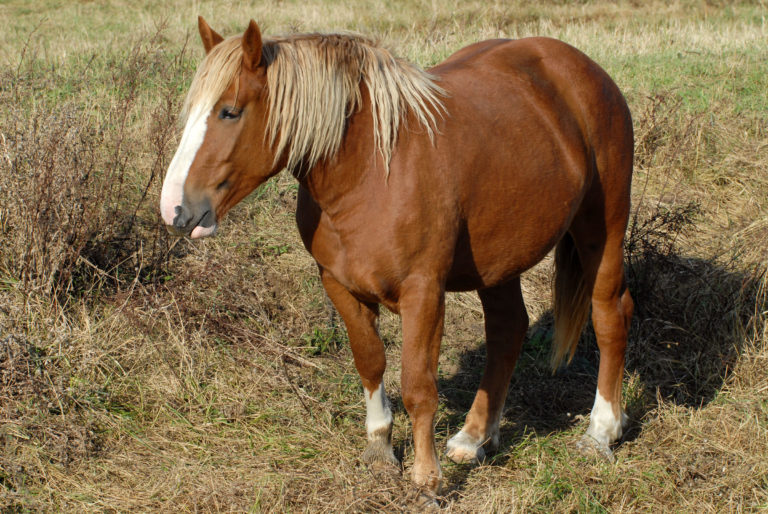
On March 15, Nevada state veterinarian Dr. J.J. Goicoechea urged that all equine events in Southern Nevada be postponed to reduce the chance of spread of EHV-1.
One positive case of equine herpes virus type 1 (EHV-1) with neurologic signs has been reported in Clark County, Nevada, and the Nevada Department of Agriculture state veterinarian has ordered a quarantine. There is no public health risk, therefore, details about the facility will not be released per NRS 571.160.
“I have issued this quarantine to help prevent the spread of disease during equine event season in Nevada and surrounding states,” Goicoechea said. “Equine herpesvirus type 1 (EHV-1) can cause respiratory disease in young horses, abortions in pregnant mares and neurologic disease in older horses.”
Horses at the Nevada State Junior/High School Rodeo that took place Feb. 22-24 in Pahrump might have been exposed and should be monitored for signs of disease, such as fever, cough or runny nose.
The incubation period for EHV-1 is four to seven days, but some horses might take up to 14 days before clinical signs develop. Eight to 12 days after fever first appears, neurological disease might occur.
EHV-1 is a reportable disease, meaning when veterinarians diagnose it, they are required to notify the Nevada Department of Agriculture, per NRS 571.160. A list of reportable diseases can be found at agri.nv.gov.
Monitor Horses, Practice Biosecurity
“I urge all horse owners to monitor their horses closely, taking temperatures twice daily and seeking veterinarian care for any fevers over 102 degrees,” Goicoechea said. “It is especially important to practice biosecurity to minimize the risk of spreading disease.”
Biosecurity means doing everything possible to reduce chances of an infectious disease being transferred by people, animals, equipment or vehicles. EHV-1 and other diseases can be easily transferred on boots, coats, gloves and equipment. Some basic practices include:
- Never share equipment between horses, and always wear clean clothes when going from ill horses to others.
- Always start chores at healthy horses, and end with sick or recovering (within 30 days) horses.
- Avoid common areas such as hitching rails, wash racks, etc. during an outbreak.
About the Nevada Department of Agriculture
The Nevada Department of Agriculture (NDA) promotes a business climate that is fair, economically viable and encourages a sustainable environment that serves to protect food, fiber and human health and safety through effective service and education. The NDA includes the divisions of Administration, Animal Industry, Consumer Equitability, Food and Nutrition and Plant Industry.








